Zachary Hayden
Quick Links: Education and Experience Research Areas Current Projects Extension Resources Team Members Opportunities
Area of Expertise:
Soil and Nutrient Management for Vegetable Production
Appointment
Education and Experience
- AAAS S&T Policy Fellow, National Science Foundation (NSF) - Directorate for Computer & Information Science & Engineering (CISE)
- Ph.D., Horticulture, Michigan State University, East Lansing, MI
- B.S., Biology and Environmental Science, The College of William and Mary, Williamsburg, VA
Research Areas
- Integrated soil fertility management
- Organic nutrient management
- Cover crop integration into vegetable cropping systems
- Dynamics of nitrogen availability and loss in agroecosystems
- System-level impacts of soil health and conservation strategies
- Sensor-based (ground and remote) decision support for crop and nutrient management
Current Projects
Through integrated research and extension efforts, we investigate applied strategies and underlying mechanisms for improving soil and nutrient management in vegetable cropping systems. This includes both managing nutrients to meet production and sustainability goals in the short term, as well as strategies to improve the health and fertility of soils over the long term. Focus areas for current projects are listed below:
Nitrogen management in conventional, organic, and integrated systems
We work on in-season nutrient management challenges in major vegetable crops across scales and production systems. Many projects focus on managing nitrogen (N)—a highly dynamic nutrient with significant consequences for productivity, profitability, and the environment. Challenges involve understanding interactions between N and multiple system components, including crop quality and disease, to improve management recommendations.
Building organic matter on intensively managed, sandy soils
Many vegetables are preferentially produced on sandy soils in Michigan and around the globe, which combined with the high management intensity of these systems, presents key barriers to the maintenance and promotion of long term soil health. Working with the Brainard and Tiemann labs with funding from USDA NIFA, we are using multiple long term trials to ask whether tillage intensity and organic matter inputs interact in novel ways on sandy soils to influence soil organic matter accrual and stabilization, and what impacts long term tillage and organic input-induced changes have on the productivity and resilience of intensive vegetable production systems. We are also part of the Soil Health Institute NAPESHM project.
Cover cropping strategies for vegetable production
We focus on investigating unique combinations of cover crop functional characteristics and management practices in an effort to improve soil organic matter inputs, nutrient management, and the provision of other multi-functional services within vegetable crop rotations. We emphasize practical and mechanistic understanding of system-level cover crop impacts across diverse vegetable crops, with the goal of supporting informed cover crop adoption and management recommendations that minimize risks to production.
Remote sensing applications for vegetable crop management and research support
Through a growing library of full-season visual and multispectral data, we investigate the utility of high resolution, multi-temporal UAS (drone) imagery across a wide range of vegetable cropping systems. We aim to enable improved adaptive nutrient management, as well as lower barriers to data collection to speed the pace of applied field research. Current projects and collaborations focus on N decision support and phenotyping in processing carrots, winter squash, celery, tomatoes, and other vegetables; improved remote estimation of cover crop productivity; quantification of disease severity in cucurbits; and remote evaluations of soil conditions.
Extension Resources
MSU Online Fertilizer Recommendation Program
Get MSU nutrient and lime recommendations from your soil test results for all the major crops grown in Michigan, and learn about soil test interpretation while you're at it.
Key Soil pH and Nutrient Management Bulletins for Vegetables
Access some go-to resources for soil sampling, lime, fertilizer, and nutrient management in Michigan vegetables, including E-2934 Nutrient Recommendations for Vegetable Crops in Michigan.
Team Members
Current
- Alyssa Tarrant, PhD Student and C.S. Mott Predoctoral Fellow in Sustainable Agriculture
- Michael Metiva, Analytical Research Assistant
- Colin Phillippo, Field and Lab Technician
- Alissa Ball, Undergraduate Research Aide
Alumni
Graduate Students
- Michael Metiva, MS, 2021 - Thesis: Applications of drone-based remote sensing in carrot and tomato cropping systems
- Alyssa Tarrant, MS, 2019 - Thesis: Crop production and soil health tradeoffs of between-row weed and soil management strategies in organic plasticulture vegetable production
Research Aides
- Austin Green (2018-2021), Laura Hudecek (2019-2020), Patrick Squire (2018-2020, PLB Undergrad Research 2021), Sam Callow (2017-2020), Genny Feister (2017-2019, HRT Internship 2017), Victoria Lawless (2017-2018), Eryn Daman (2017)
Opportunities in the Lab
Come work with us! Join a supportive learning environment focused on improving soil and nutrient management in vegetable production systems through rigorous applied research and thoughtful communication with growers and stakeholders. We work with a collaborative group of vegetable production-focused faculty and extension personnel at MSU to support a diverse and engaged vegetable industry in Michigan.
Postdoctoral Researchers
We are currently seeking a postdoctoral researcher to assist primarily with analysis and preparation of manuscripts for projects related to soil health characterization in long term trials, cover crop integration, nitrogen management, and remote-sensing strategies for crop and nutrient management within vegetable cropping systems.
To apply, visit the full posting at Careers@MSU (#805165), and submit your application by clicking "Apply Now." Interested applicants with questions are encouraged to email Dr. Zack Hayden to talk more. Review of applications begins 8/31/2022, but open until filled. Preferred start date is Fall 2022.
We encourage applicants from diverse and non-traditional backgrounds to apply. Flexible work schedules, including remote or part-time options, may be available depending on candidate needs and scope of work.
M.S./Ph.D. Graduate Students
We are currently recruiting applicants for available M.S. and Ph.D. assistantships in the lab. Interested applicants are encouraged to email Dr. Zack Hayden to learn more. Openings available as early as Spring 2023 (apply by late September 2022).
Strong Ph.D. applicants may also be competitive for one of several prestigious recruitment fellowships offered through the University or the Plant Science Fellowship program. To be considered, your application must be submitted to the MSU Graduate School by early December (for program start the following Fall semester). Reach out to learn more!
Undergraduate Research Assistants (Including for credit and internships)
We hire paid full- and part-time undergraduate assistants to support field, greenhouse, laboratory, and computational research.
Undergraduate MSU students interested in conducting independent research projects (for class credit or internship requirements) are encouraged to reach out at any time. In addition to agriculture and environment focused majors, those in computational and remote sensing-related degree programs can find interesting projects with practical impact.
Related Work
-
Michigan vegetable growers rely on MSU partnership, research
Published on October 29, 2025
-
Michigan vegetable crop report – September 3, 2025
Published on September 4, 2025
-
Michigan vegetable crop report – August 27, 2025
Published on August 28, 2025
-
Michigan vegetable crop report – August 20, 2025
Published on August 21, 2025
-
Michigan vegetable crop report – August 13, 2025
Published on August 14, 2025
-
Michigan vegetable crop report – August 6, 2025
Published on August 7, 2025
-
Michigan vegetable crop report – July 30, 2025
Published on July 31, 2025
-
Michigan vegetable crop report – July 23, 2025
Published on July 23, 2025
-
Michigan vegetable crop report – July 16, 2025
Published on July 17, 2025




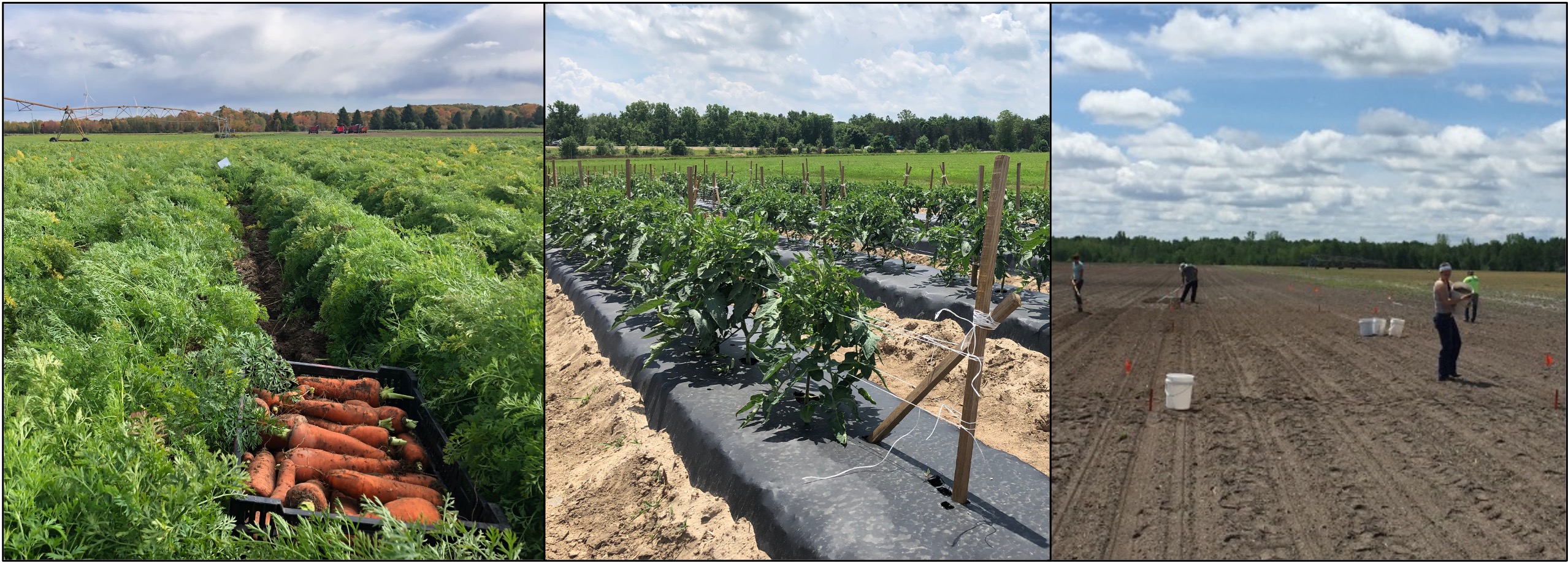
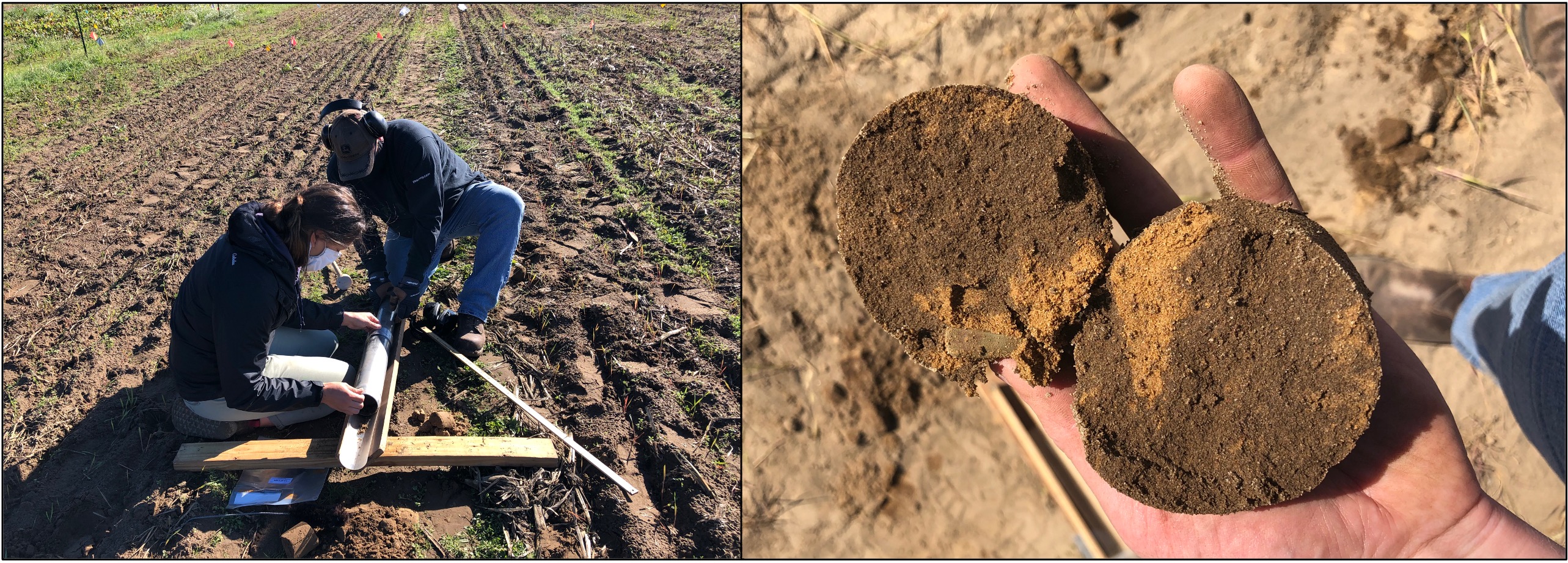
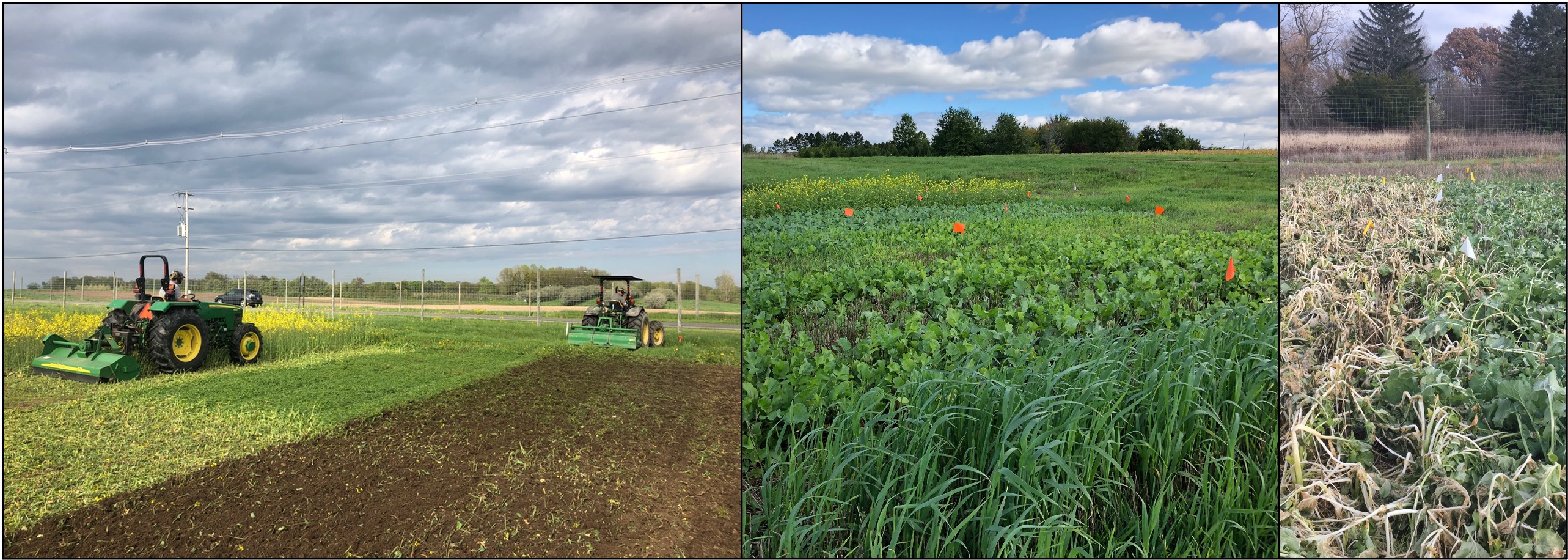
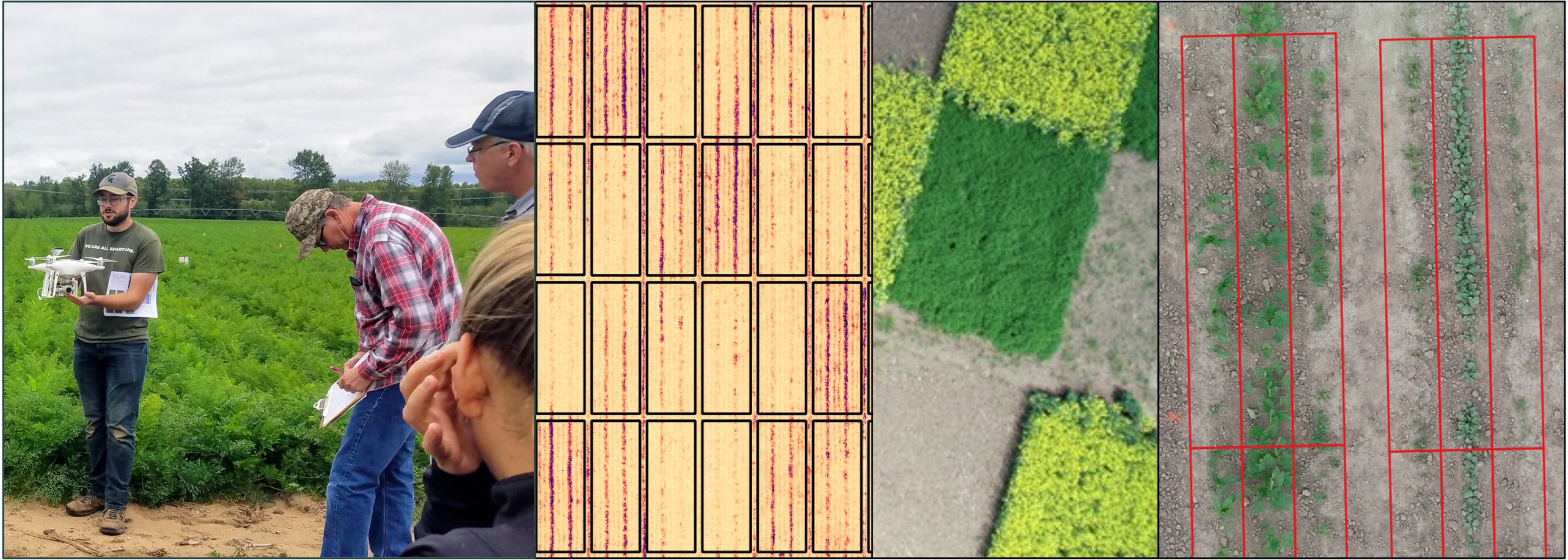
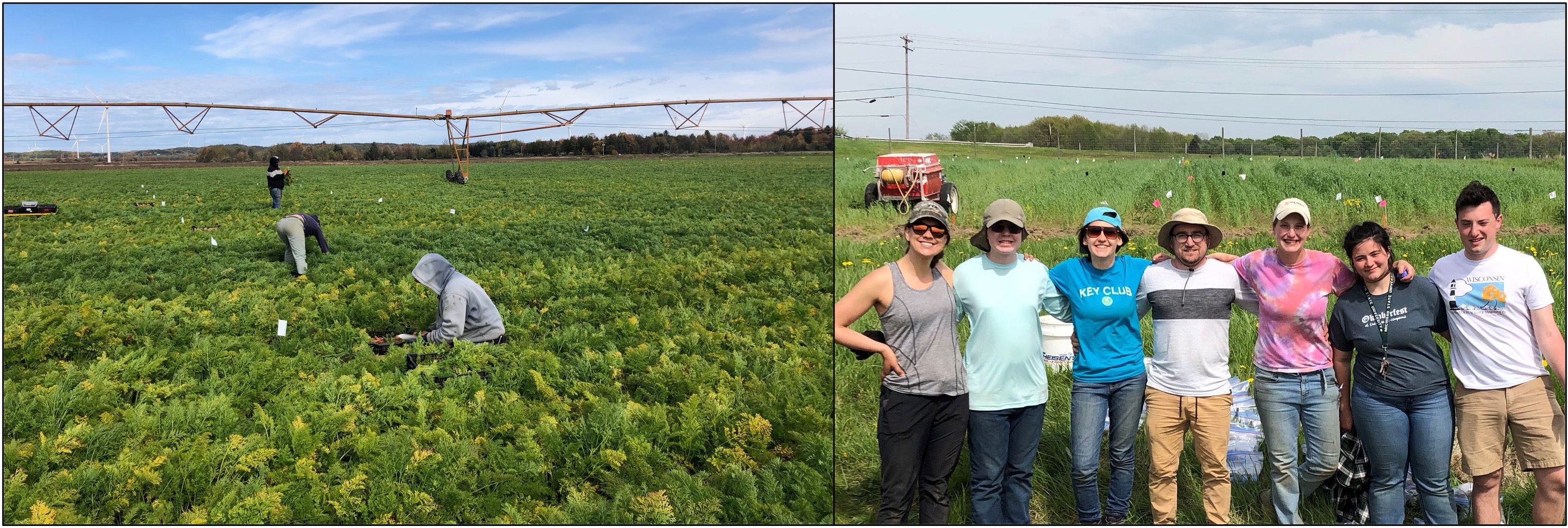









 Print
Print Email
Email